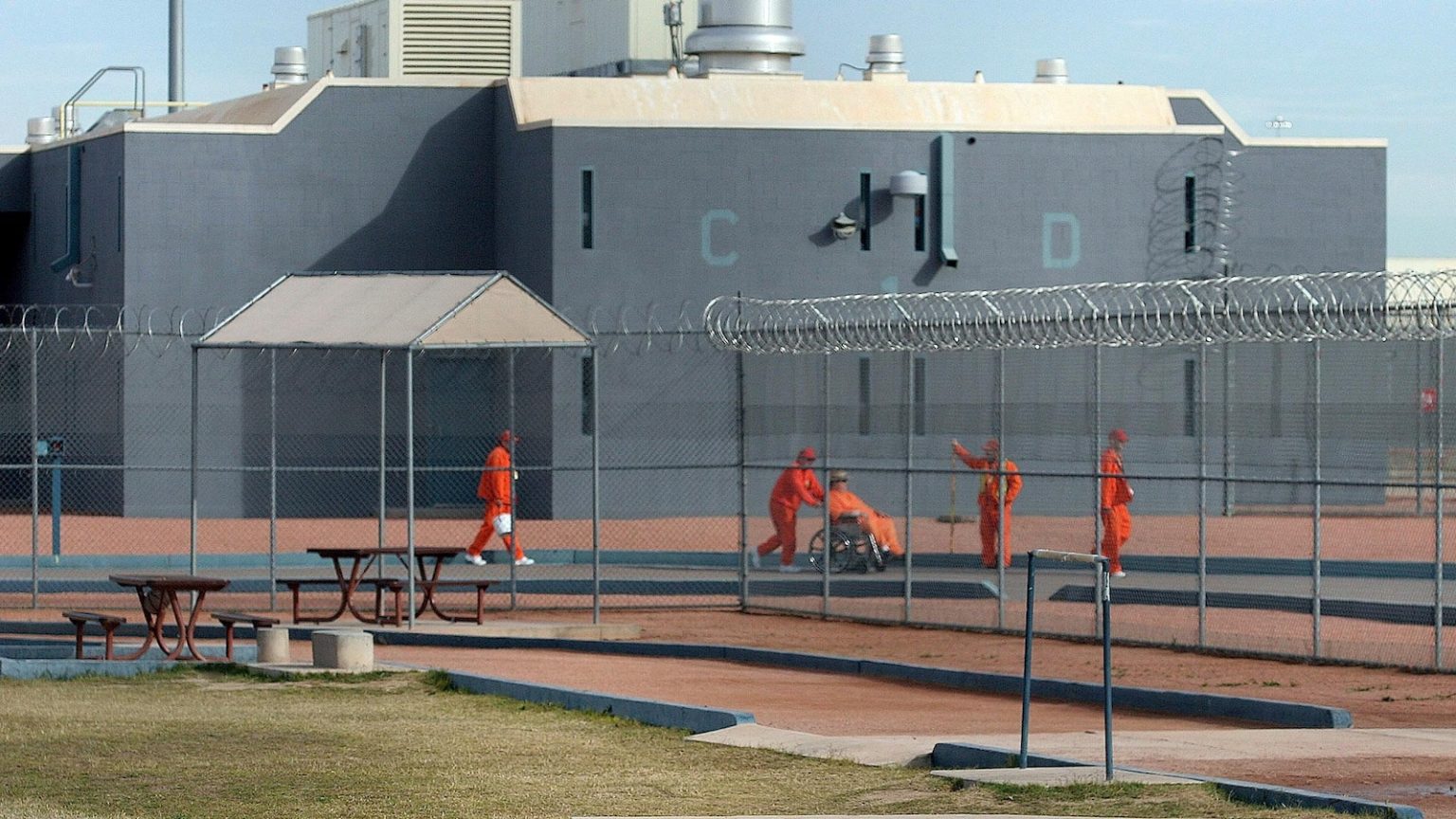The Crisis in Arizona Prisons: A Call for Immediate Intervention in Healthcare
The situation in Arizona’s state-run prisons has reached a critical point, with lawyers representing 25,000 incarcerated individuals urging a federal judge to take drastic action. The legal team has formally requested that the court assume control over the prison healthcare system and appoint an independent official to oversee its operations. This unprecedented move comes after a decade of documented failures by the Arizona Department of Corrections, Rehabilitation and Reentry (ADCRR) to address severe shortcomings in medical and mental health care for prisoners. Despite a 2012 lawsuit and multiple court orders, the state has failed to implement meaningful reforms, leaving inmates at risk of preventable harm and even death.
A Decade of Neglect: The State’s Failure to Act
The roots of this crisis stretch back to 2012, when a lawsuit was filed to address the alarming state of healthcare in Arizona’s prisons. In 2014, the state settled the case, agreeing to make significant improvements. However, over the years, it became clear that Arizona was not living up to its promises. In 2015, a federal court found the state in violation of constitutional standards for prisoner care, and by 2018, the court had imposed contempt fines totaling $1.4 million. Another $1.1 million was added in 2021 for ongoing noncompliance. These penalties underscored the state’s refusal or inability to address the systemic issues plaguing its prison healthcare system.
The Courts Step In: A Scathing Verdict and Call for Change
In 2022, U.S. District Court Judge Roslyn Silver delivered a blistering ruling, confirming that Arizona’s prisons were violating the constitutional rights of inmates by providing inadequate medical and mental health care. Judge Silver’s decision highlighted that the state had knowingly failed to address these issues for years, despite being aware of the life-threatening conditions faced by prisoners. She also noted that the deficiencies in healthcare had led to preventable deaths. In response, she issued an injunction requiring the ADCRR to take immediate action to rectify the constitutional violations. However, the state’s track record of inaction has left little room for optimism, prompting lawyers to renew their call for a court-appointed takeover.
The Push for Receivership: A Last Resort for Desperate Times
In September 2019, lawyers representing the prisoners first requested a receivership, a legal mechanism that would allow the court to seize control of the prison healthcare system. While Judge Silver initially hesitated to grant this request, she left the door open, stating that she would reconsider if the state continued to act in bad faith or failed to comply with court orders. That moment appears to have arrived. A recent report from a court-appointed expert painted a grim picture of the current state of prison healthcare, concluding that conditions remain poor, with little improvement since the injunction was issued. The report warned that inmates continue to face a significant risk of serious harm, including death, due to the ongoing failures of the system.
A National Precedent: Lessons from California
Arizona is not the first state to face such a crisis. In 2005, a federal judge in California took the extraordinary step of seizing control of that state’s prison medical system after finding that an average of one inmate per week was dying due to medical neglect or malpractice. This precedent serves as a stark reminder of the consequences of failing to address systemic failures in prison healthcare. While the current lawsuit does not cover the nearly 10,000 inmates held in private prisons for state convictions, the broader implications of the case highlight the urgent need for accountability and reform across Arizona’s corrections system.
The Fight for Justice: Ensuring Dignity and Care for Incarcerated Individuals
The request for a court-appointed takeover is not merely a legal maneuver; it is a desperate call for action to protect the lives and dignity of thousands of incarcerated individuals. The ADCRR and Governor Katie Hobbs’ office have yet to respond to the latest request, but the urgency of the situation cannot be overstated. Prisoners, though incarcerated, retain their constitutional rights, including access to adequate healthcare. The ongoing failure to provide this basic standard of care is a betrayal of these rights and a failure of the state’s moral and legal obligations. As the case moves forward, the focus must remain on ensuring that Arizona’s prisons prioritize the health, safety, and humanity of all those within their walls.















